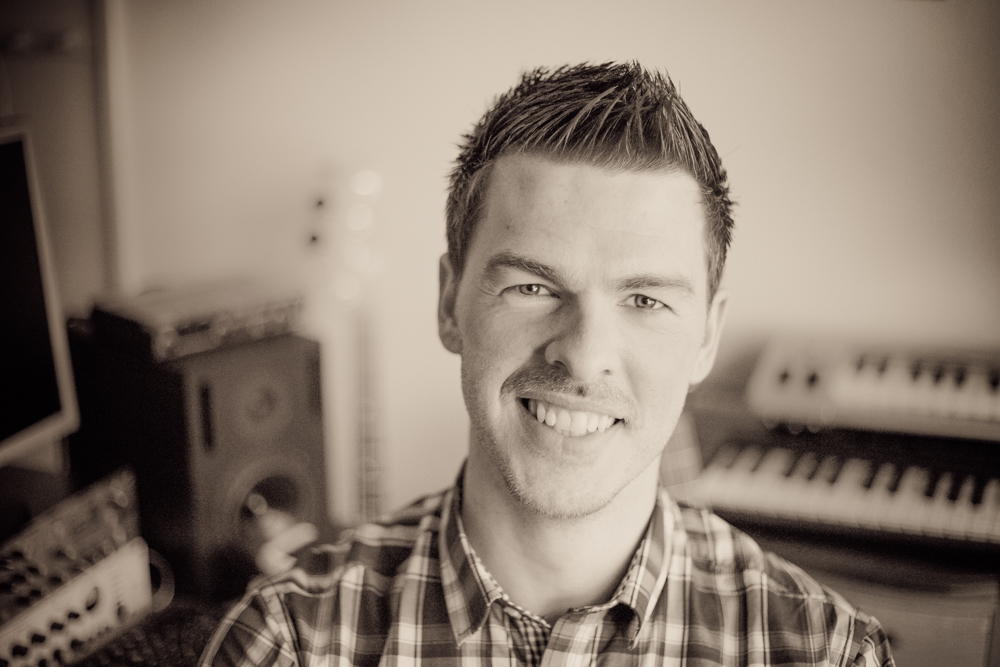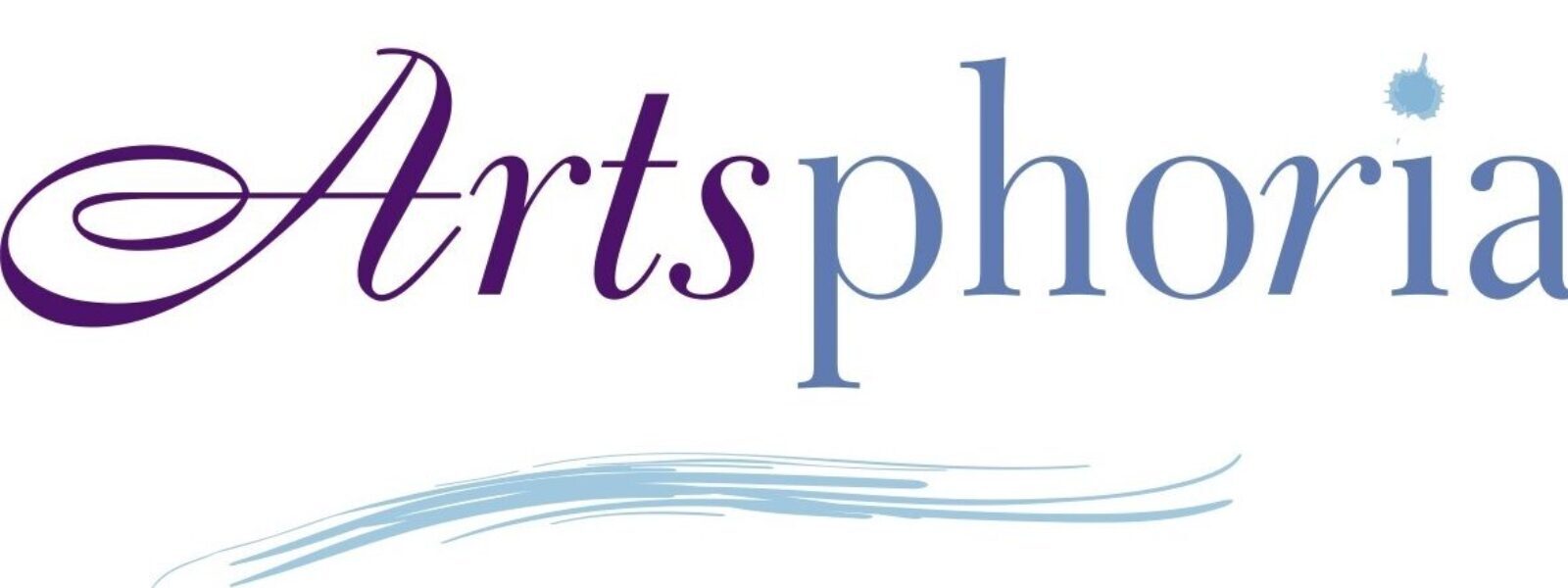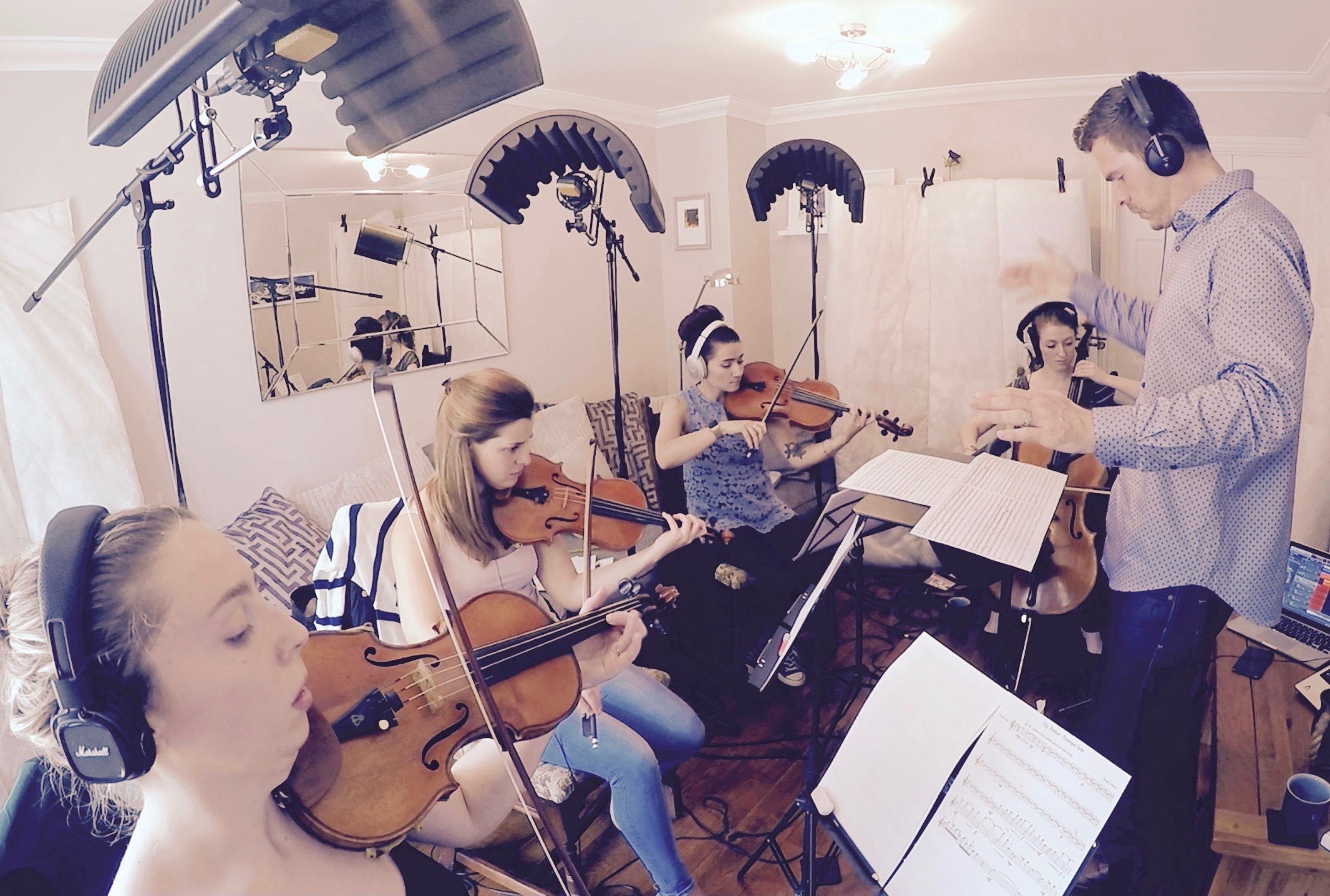
Some music has the magical ability to unlock and touch listeners’ emotions. The notes strike chords that connect directly with their souls. Gareth J. Rubery, a gifted composer in London, instinctively knows how to form musical connections across the miles.
Gareth J. Rubery has taken time from his hectic schedule to share some thoughts about his experiences as a composer for films as well as his creative process:
When and why did you decide to pursue a career as a composer for films? I was at a point where the rock band I had toured with for 8 years had come to a natural end, after many years of slogging it around all of the grimy venues that seemed to be on offer at the time, and it was there that I found a crossroads. Should I form my own band, tour with another established band or try something that had been inside for my whole life – composing for film – I chose the latter.
Were you classically trained or self-taught, and what is a key lesson that guides your work? My classical education was introduced by my father when I was a little boy. He could see I was called to music and so he began teaching me many of the skills that I would need for my composing career as a man. Even at that young age, we’d cover subjects like music reading, how to achieve optimum tone on brass instruments, how to perform to an audience and music theory. I then attended The Academy of Contemporary Music in Guildford before living life as a musician should – pretty much in the studio or on the road!
Where do you draw your inspiration for creating what many experience as “emotional” and “ethereal” music? Ethereal music seems to flow very naturally, and it always writes itself before I manage to sit behind the piano. I’ve always been an emotional person and understood the nuances behind why I feel certain ways in particular situations, so putting it into music feels like the most natural thing to me.
How did you become involved in film projects including Mary Poppins? I’ve always had a simple approach in the way I decide what films I work on, and which I don’t, and it all comes down to one question: Does this film stir deep emotions? You see if the answer is “yes”; then, I know I’m genuinely engaged and the music will flow very easily. If the answer is “no,” then, well … it’s not going to work out well for anyone (especially, of course, the audience!). When it came to the Marry Poppins project, it was clear from the trailer, although there was no sound on the original copy, that there is not only an optimistic, hopeful and jolly side to the film but also darkness. This immediately had me hooked, which gave way to the musical direction that began breathing new life into this iconic character from my childhood.
Can you describe the process you go through when you compose music for films? The process always involves stepping away from the project, at the very early stages, in order to leave enough head space for melodies to write themselves. I’ll be doing a task, that’s completely unrelated, when I’ll realize I’ve been thinking about a certain character and now have his or her theme playing loudly, with most of the instrumentation, in my head. Time to “down” tools and head to the studio….
What are some of the challenges and rewards of collaborating with other artists including musicians and voice-over artists? The biggest challenge from working with other musicians is finding a time that works with all of our schedules. Once this has been organized, it’s usually an exceptionally easy and fun experience. The best part about other people playing on your recording is that we have combined experience of around 100 years, depending on who’s at the session, which usually sounds rather good.
What would you advise others who are interested in breaking into this industry? Work in an office and get paid from your first day on the job! No…. You’ll be OK; just remember that you are doing it in order to make music, to meet a need within yourself. If you set out on a quest for money, you won’t last long at all.
What do you hope others will experience and take away after discovering your work? Over the last few years, I’ve been so fortunate to read people’s comments about my music and to hear the impact that each piece makes on peoples lives. I even had someone tell me that a piano piece called “Her Voice” was a very special song to a particular married couple and one day, when the husband died of a brain tumor, they played the piece at his funeral. WHOA! This was a completely unexpected outcome of writing and recording a piece of music, that was so personal to me, and it blew me away, to be honest. If people are touched on any level after listening to my solo albums then what could possibly be better than that!
For more about this talented composer for films, watch Gareth J. Rubery’s Film Composing Showreel.

